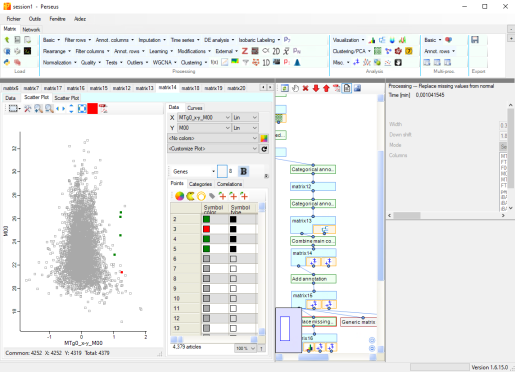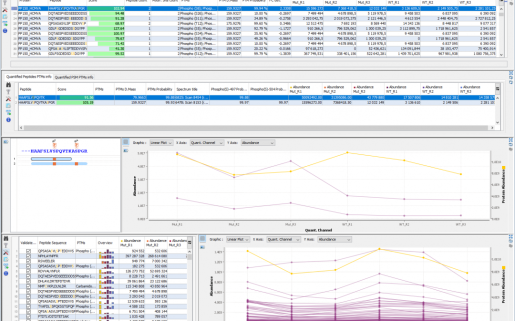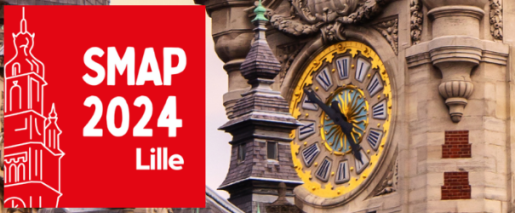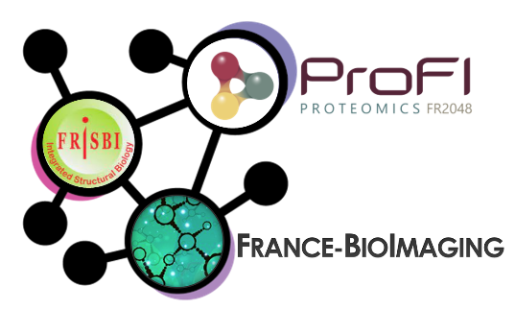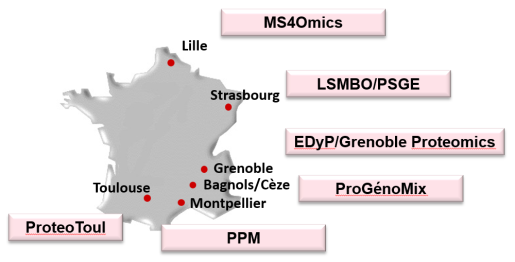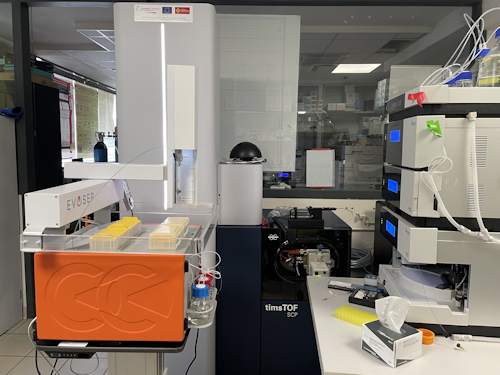Webinaire : ProteoBench, an open and collaborative platform
The first webinar organised by ProFI-PA and ProFI-CORE will take place on Monday 2 June from 13:00 to 14:00.
Workshop on proteomics data analysis with Perseus
The PPM node is organizing a training course on « Reprocessing proteomics data with Perseus software » on April 10 and 11,
ProlineSuite Version 2.3.0 : This new version focuses mainly on Isobaric labelling quantification
Release 2.3.0 focuses mainly on Isobaric labelling quantification in particular by taking into account purity correction matrices and Precursor Ion
EuPA 2025 in Saint-Malo
The next conference of the European Proteomics Association, EUPA 2025, will be held at the Congress center « Le Grand Large »
Annual meeting of the French Proteomics Platforms
This meeting will take place in Lille, on September 16 2024 prior to the SMAP2024 conference. SMAP2024 is co-organised by
IBISA / INBS Interdisciplinary Day
A feedback on the access call to Structural biology, Biological imaging and Proteomics facilities. 📅 November 19, 2024. Meet in
Workshop on Quantitative Proteomics 2024
ProFI organizes a new edition of the CNRS workshop (Ecole Thématique, held in French) in quantitative proteomics with a focus
MetaboHUB and ProFI Joint Day
The MetaboHUB and ProFI national infrastructures are organizing a joint day in Toulouse on Tuesday, March 26, 2024. During the
Welcome to ProFI’s new nodes !
Following the final decision of our Institutional Committee on September 20th 2023, we are delighted to announce that three new
timsTOF SCP mass spectrometer installed at ProteoToul
Thanks to the REACT-EU OCSSIGEN projet (Région Occitanie, FEDER funds), ProteoToul has acquired a high sensitivity timsTOF SCP mass spectrometer


